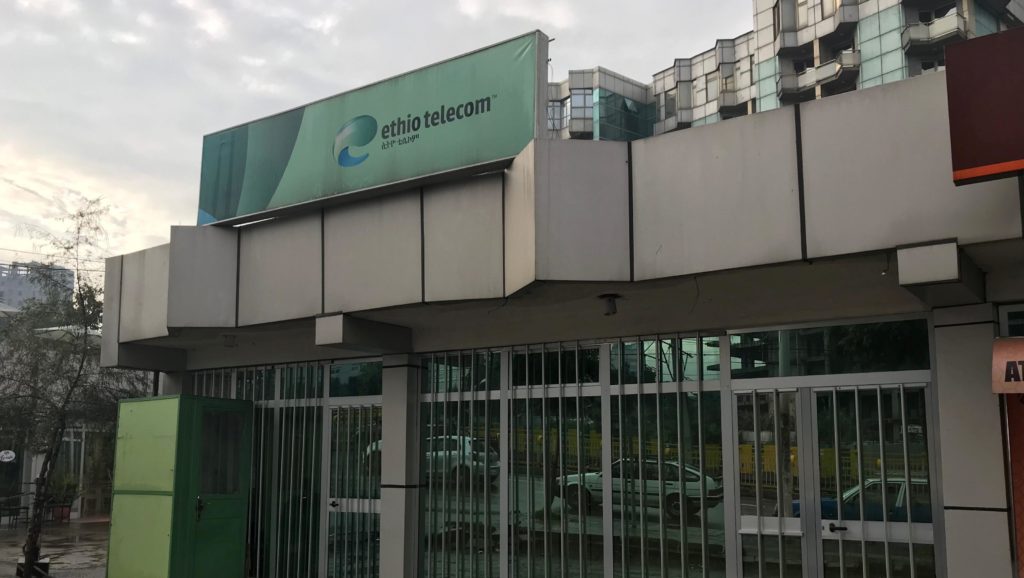The Ethiopian government’s latest plans to open up its telecommunications sector and enter the mobile money market are sparking concerns over the fairness of the privatization effort. The Ethiopian government’s latest plans to open up its telecommunications sector and enter the mobile money market are sparking concerns over the fairness of its efforts. They come as the country faces immense financial pressures in the wake of the coronavirus pandemic and ongoing conflict in its northern Tigray state.
Prime minister Abiy Ahmed’s plans to privatize the telecommunications industry have been a stop-start process since he first announced in 2018 that he would be inviting in competitors. Government-owned operator Ethio Telecom currently monopolizes the country’s telecoms sector, one of the largest on the continent. A bidding war has since grown amongst international operators to acquire a license to service the country’s approximately 110 million people.
Government regulators abruptly stopped taking bids for operating licenses from international mobile network operators last year as it was becoming a contentious issue ahead of a national election, which has since been rescheduled to this year. They now plan to issue two licenses in the coming months. The government also confirmed in November that it would sell a 45% stake in Ethio Telecom , which has around 49 million mobile subscribers.
Last year, it also agreed to allow Ethio Telecom to enter the mobile banking market.
“I think this is a good decision, albeit a bit late,” said Ephrem Teshale Bekele, an observer with the Addis Ababa Institute of Technology. “Our neighbor Kenya and the like have benefited significantly from a combined telco/financial service.”
“Ethio Telecom can use its infrastructure to deliver financial services to the wider community where traditional banking has not reached. It will also complement the traditional banking sector in the cities,” Bekele said.
Kenya’s Safaricom is one of the companies vying for a telecoms license, reportedly borrowing up to $500 million from the US International Development Finance Corporation last year for the effort. Despite being the second-most populous African nation, Ethiopia’s economy remains largely cash-based, and only about 19% of the country currently has access to the internet. Safaricom had been in talks with the government to launch its M-Pesa mobile money app in the country last year, until the government decided to restrict the mobile money market to Ethiopian firms and nationals.
The two licenses granted to the international mobile operators will not permit them to invest in […]
